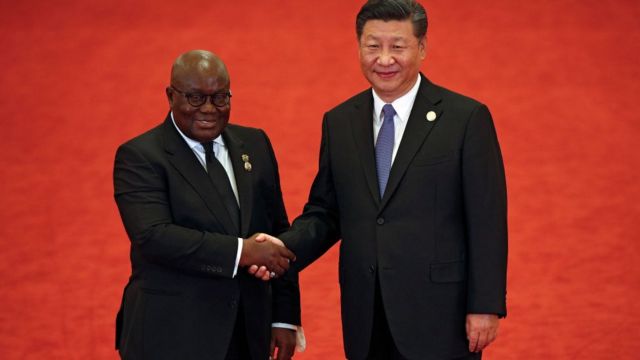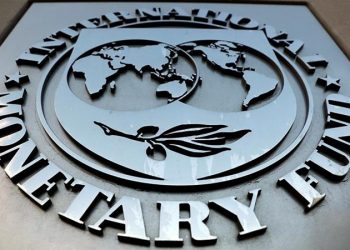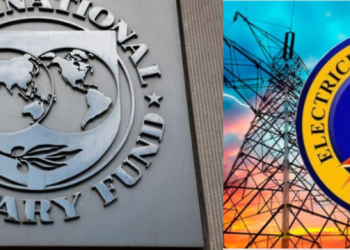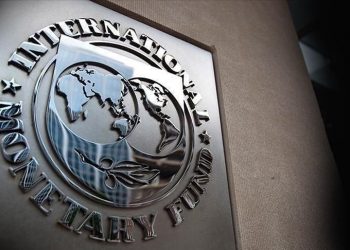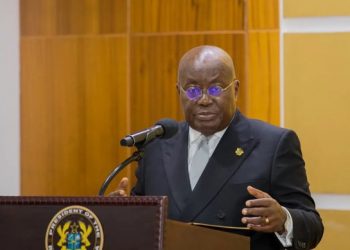Details have emerged regarding Ghana’s collateralized loans from China, revealing potential risks to the country’s mineral resource revenue and electricity sales, according to the International Monetary Fund (IMF). Over the past two decades, Ghana has relied on Chinese loans, accumulating nearly $5 billion from 41 different loans since 2000. However, Ghana’s borrowing spree has left the country trapped in debt and grappling with its most severe economic crisis in a generation, with an external debt portfolio exceeding $30 billion.
Under the loan agreements, if Ghana defaults on its debt obligations, China has the right to utilize proceeds from Ghana’s oil, cocoa, bauxite, and electricity sales to settle the debt. This arrangement exposes Ghana to potential losses in revenue from its valuable resources. In debt negotiations involving developing nations, China often plays a crucial role at the negotiation table. While China is the largest bilateral lender globally, its lending policies and renegotiation practices remain opaque.
According to the World Bank, the world’s poorest countries faced $35 billion in debt-service payments to official and private sector creditors in 2022, with China alone accounting for 40% of the total. In Ghana’s case, at least eight collateralized loans from China have been secured with different mineral resources serving as collateral against default. As of the end of 2022, Ghana owed China $1.9 billion, with $619 million constituting collateralized loans.
The IMF highlights that Ghana’s collateralized debt is exclusively held by China, stemming from four loan agreements signed between 2007 and 2018, totaling $619 million for infrastructure projects. These loans are backed by the production of commodities such as cocoa, bauxite, and oil, as well as electricity sales. Collateralized debt refers to contracted or guaranteed debt where the creditor possesses rights over an asset or revenue stream to secure repayment in the event of default.
The IMF emphasizes that statutory funds should not be used to collateralize revenue streams or issue debt. Furthermore, the governing authority should not issue any objection certificates to statutory funds for this purpose. The Fund also requests that the government provide corresponding loans or derivatives for all encumbered assets used as collateral.
These developments shed light on the complexities and potential risks associated with Ghana’s debt obligations to China, raising concerns about the country’s financial stability and its ability to effectively manage its resources while servicing its debts.





































